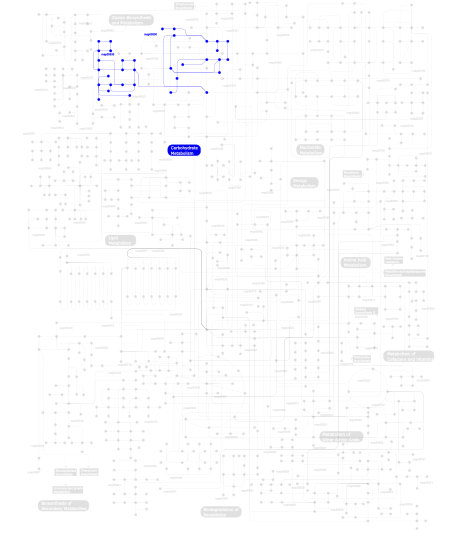fCBDFungal-type cellulose-binding domain |
|---|
| SMART accession number: | SM00236 |
|---|---|
| Description: | Small four-cysteine cellulose-binding domain of fungi |
| Interpro abstract (IPR000254): | The microbial degradation of cellulose and xylans requires several types of enzymes such as endoglucanases ( EC 3.2.1.4 ), cellobiohydrolases ( EC 3.2.1.91 ) (exoglucanases), or xylanases ( EC 3.2.1.8 ) [ (PUBMED:1886523) ]. Structurally, cellulases and xylanases generally consist of a catalytic domain joined to a cellulose-binding domain (CBD) by a short linker sequence rich in proline and/or hydroxy-amino acids. The CBD of a number of fungal cellulases has been shown to consist of 36 amino acid residues, and it is found either at the N-terminal or at the C-terminal extremity of the enzymes. As it is shown in the following schematic representation, there are four conserved cysteines in this type of CBD domain, all involved in disulphide bonds.
|
| GO process: | carbohydrate metabolic process (GO:0005975) |
| GO component: | extracellular region (GO:0005576) |
| GO function: | cellulose binding (GO:0030248) |
| Family alignment: |
There are 5841 fCBD domains in 5233 proteins in SMART's nrdb database.
Click on the following links for more information.
- Evolution (species in which this domain is found)
- Cellular role (predicted cellular role)
- Metabolism (metabolic pathways involving proteins which contain this domain)
- Structure (3D structures containing this domain)
- Links (links to other resources describing this domain)
















